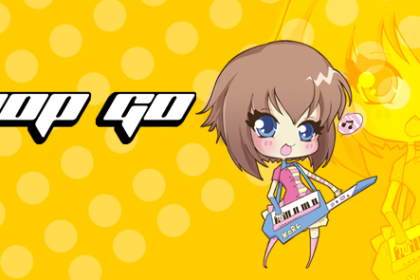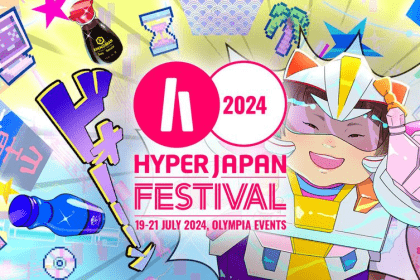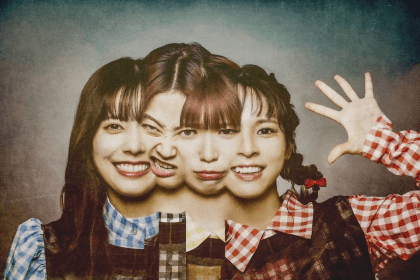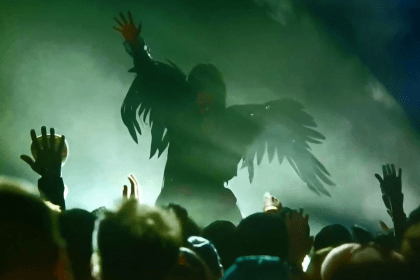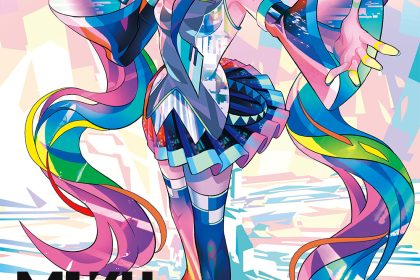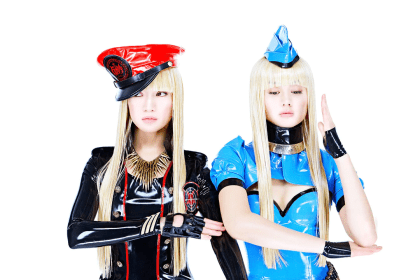If there’s been one story that’s set the blogosphere alight recently, it’s the drama that surrounded AKB48 member Minami Minegishi in which Minegishi was photographed spending the night at GENERATIONS’ Alan Shirahama’s home earlier this year, in breach of the strict no-dating rules of AKB48.
The story was taken up by a number of blogs that expressed outrage at this unacceptable treatment of women (whilst flagging up other articles in which their writers describe other J-Pop artists in ‘colorful’ sexually derogatory terms). Luckily, any traffic generated on their blogs as a result of hyping up scandals was purely coincidental.
Meanwhile, The Japan Times, a publication that many would expect to deliver a balanced and informed article on the story, instead opted to publish a piece by writer Ian Martin which consisted of a bizarre tirade against not only idol music, but oddly other genres of Japanese pop culture: “The deeper truth is that idol fan culture, as well as the closely related anime and manga fan culture, is institutionally incapable of dealing with independence in young women. It seeks out and fetishizes weaknesses and vulnerabilities and calls it moé, it demands submissiveness, endless tearful displays of gratitude, a lack of confidence, and complete control over their sexual independence”.
Aside from the fact that we previously addressed this hijacking of the term moé in one of our K-On! Week articles, Hello!Project blog Morningtime posted a lengthy response to Martin’s tirade, responding to that specific comment: “The vast majority of fans I have met, both male and female (which includes a lot of young female fans) show nothing but complete respect for these idols. The support of these idols is in no way a dominant type of thing. Any fan of idols looks up to them or admires them for their personalities, hard work and positivity. The fact that the idol industry doesn’t mirror western culture’s obsession with shock videos, constant overly-sexual imagery and total moral ambiguity doesn’t make it a horrid, sexist, evil, woman-subjugating, out of date dinosaur. It just makes it a refreshing alternative to all the depressing shit in the world. Still it’s not music made in someone’s bedroom so I guess it doesn’t meet the standards of Ian Martin.”
What many people may have missed was the fact that Martin had delivered a much more withering attack on the Japanese music scene via his own blog in which things took a much more bewildering turn as he tried to draw a comparison between amateur guitar outfit Nakigao Twintail and the completely fictional band from the anime series K-On!: “If all-girl rock band anime K-On! sounded like this, it wouldn’t be such a piece of shit, but then Nakigao Twintail aren’t K-On! or anything like it”.
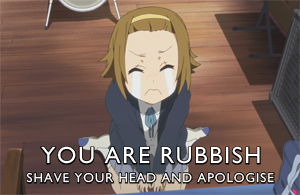
Mr Martin’s musical philosophy however was best illustrated in a truly bizarre interview with Brand-New Idol Society for MTV81. Aside from the strangeness of agreeing to interview an outfit that represent a genre that he has admitted he loathes, Mr Martin stopped during the interview to go off in an odd direction in which he mused: “I’ve seen punk shows where there are only four people in the audience, but it can still be fun”. And it’s this comment that exposes what position Mr Martin is not only battling from, but also his inability to grasp the difference between a popular J-Pop outfit and a band playing to a gargantuan audience of 4. It’s a sign of the music fundamentalist who insists that music has very specific rules which every band and artist has to adhere to. This is why you see terms such as “authenticity” and “real music” bandied about so much. Despite the fact that this concept occupies a position that is just west of Narnia.
But the most cutting commentary from the Morningtime blog is saved for last: “So who is this Ian Martin? Well according to The Japan Times he is “a freelance writer covering music and pop culture. He has been active in the Tokyo music scene as an indie event organiser, DJ and label owner since 2004 and has been contributing to The Japan Times music page for almost as long.” Ohhhhhh! I see! He is someone who stands to gain from trashing idol culture and pushing indie shit at the public. Well there is nothing like an ulterior motive is there? The Japan Times is just being used as a free advertisement I guess.”
Morningtime: Idols are bad. Mmmkay?

